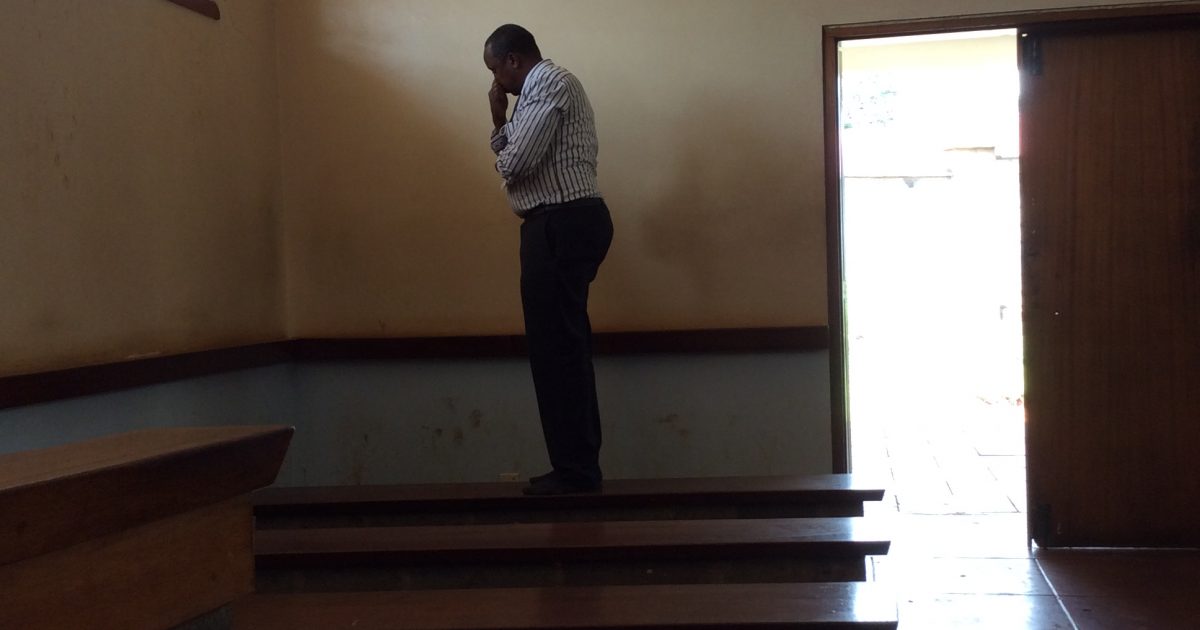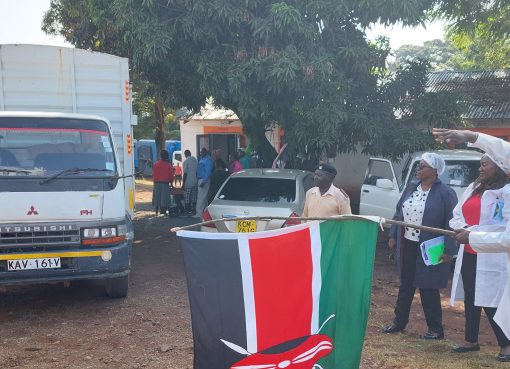The Covid-19 containment measures instituted by the government recently in four counties including Kiambu has not gone down well with some Islam faithful in Kiambu as they prepare to usher in the Holy Month of Ramadhan.
Some of the Muslims from Githunguri and Kiambu who talked to KNA feel that they will be denied an opportunity to commune together and hold the events that are associated with the Ramadhan.
Scores of Muslims in Githunguri are ushering the season in a disheartening mood due to the strict government restrictions that directs social distancing and less crowding in public places including mosques.
Talking to KNA after the 1.00 o’clock prayers on Sunday, Mr Abdi Wako, said it was mandatory for Muslims to pray five times a day in the mosque. “Men should go to the mosque while women prayed at home”, he said.
He further explained that the current containment measures would greatly affect this year’s Ramadhan season but advised that the faithful could pray from anywhere and not necessarily to assemble in the mosques.
Mr Abdi a court official at the Kiambu Law Courts normally isolate himself from his colleagues who are mainly Christians at the time of prayer and enters into one of the court rooms that is free to pray.

He noted that it was important to pray, especially at this time when the country and the world at large was experiencing the worst pandemic that has greatly affected mankind.
Ramadhan is a month of fasting and socialization as well as helping the needy, however, with the pandemic which has been claiming lives of many in the country with containment measures enforced, this means a change of activities that have existed since time immemorial.
Shamim Ali, a resident of Ngewa in Githunguri said “I feel the government should review these measures, especially during such a holy month. I believe the mosques should be open with procedures such as washing hands and social distancing in place”.
Umar Athman, a resident of Karia in Githunguri Sub-county regrets that the zeal he always has for the Holy Month is not the same because of the restrictions put in place.
“We always have our special prayer ‘taraweeh’ which is conducted at the mosque at 9pm but because of the curfew time of 8pm, this will be impossible. For us Muslims, we hold a strong belief in praying together, but unfortunately, this won’t be the case during this year’s Ramadhan and it is really saddening and frustrating to us,” Athman explains.
For Yusuf Wangara, a doctor based in Muthaiga, he believes it is not always about congregating, but at times one should take some time alone to reflect and build a personal connection with Allah.
“Last year I had to take some time off from work but my plan is to continue serving my country during such a hard time. I attend to Covid patients and that is the only way I will give back to society. As long as I am still praying and fasting then that’s okay,” said Doctor Wangara.
The Holy Month of Ramadan commences on the ninth month of the Islamic calendar which depends on the phases of the moon.
During this time, Muslims commit to fasting from sunrise to sunset. Also, it is a time for giving thanks to Allah for abundance self-reflection, and a time for seeking forgiveness from the Almighty, helping the needy, and adhering to all the Ramadan rules.
By Noel Kuchio and Lydia Shiloya





